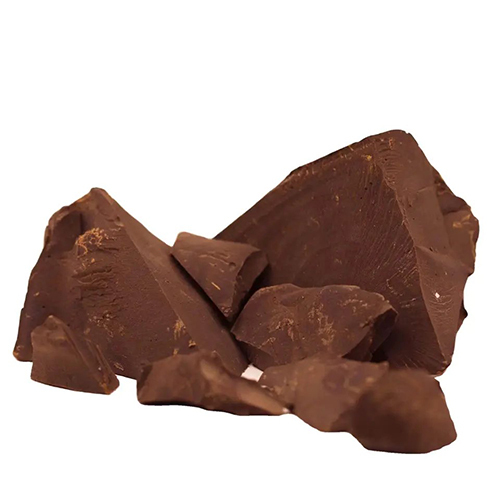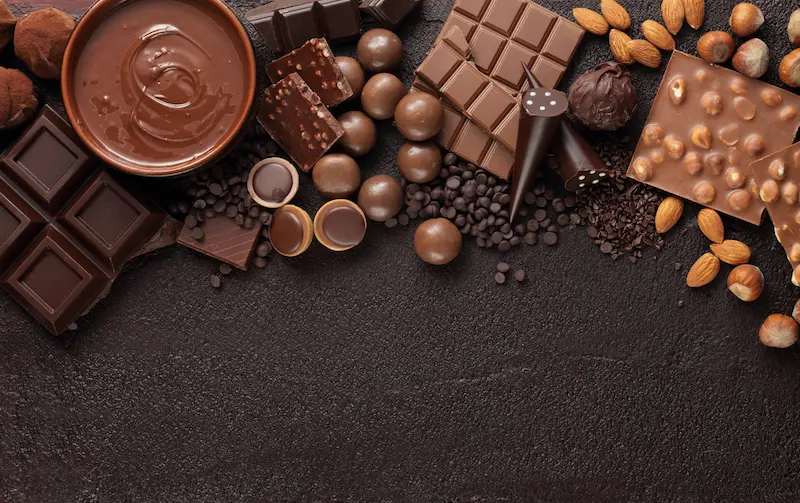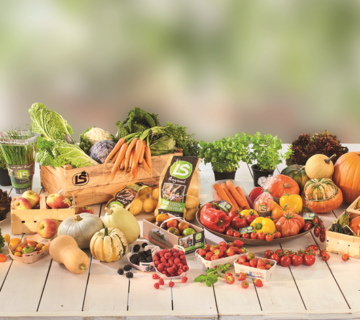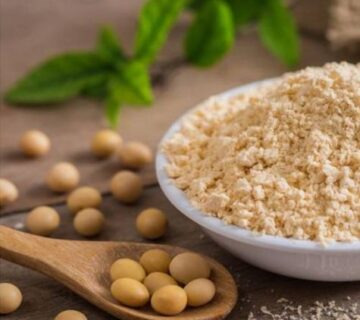In the realm of chocolate and confectionery production, cocoa liquor is the foundation upon which all quality and consistency rest. For factories in Saudi Arabia, sourcing a reliable cocoa liquor supplier isn’t just a routine procurement step—it’s a strategic decision that affects every layer of production, from flavor profile and texture to operational efficiency and cost control. Whether you’re crafting premium chocolate bars, mass-market confectioneries, or cocoa-based ingredients for other applications, the performance of your cocoa liquor directly influences your end product.
As an industrial buyer, you are acutely aware that inconsistencies in raw materials can ripple across the production line. Delays, uneven batches, and fluctuating taste profiles not only affect customer satisfaction but can also inflate operational costs. That’s why understanding the market, supplier capabilities, quality standards, and logistical reliability is critical before committing to a purchase.
In this guide, we delve deep into the Saudi cocoa liquor market, providing practical insights for factory owners, production managers, and procurement officers. You’ll learn how to evaluate suppliers, compare product grades, and navigate potential pitfalls—all while optimizing cost, quality, and supply chain resilience. We’ll also highlight the role of premium brands like Latamarko, renowned for Spanish engineering standards, and show how MT Royal can provide a broad spectrum of options tailored to industrial needs.
Whether you are sourcing for a large-scale chocolate manufacturing facility or a specialized confectionery plant, this guide equips you with actionable knowledge to make informed, strategic purchasing decisions.
Understanding Cocoa Liquor: Fundamentals & Production
What Is Cocoa Liquor?
Cocoa liquor, sometimes called cocoa mass, is the pure, unadulterated paste produced from roasted cocoa beans. It contains both cocoa solids and cocoa butter in nearly equal proportions. Despite its name, cocoa liquor contains no alcohol; the term “liquor” simply refers to its liquid form after the beans are ground.
Key characteristics include:
- Cocoa solids content – contributes to flavor, color, and antioxidant properties
- Cocoa butter content – crucial for texture, melting point, and mouthfeel
- Viscosity – affects processing, tempering, and molding
How Cocoa Liquor Is Produced
- Bean Selection – Quality starts at the source. Beans from West Africa, South America, and selected regions undergo strict grading.
- Roasting – Roasting develops the distinctive chocolate flavor and reduces microbial contamination.
- Cracking & Winnowing – Shells are removed, leaving the nibs.
- Grinding – Nibs are ground into a thick paste; friction heat melts the fat to form cocoa liquor.
- Refinement – Advanced industrial mills adjust particle size for smoothness.
Understanding production methods is crucial because processing impacts flavor consistency, flow properties, and suitability for large-scale operations.
Benefits of High-Quality Cocoa Liquor in Manufacturing
High-quality cocoa liquor is more than a raw material—it’s a production asset. The benefits include:
- Consistency Across Batches
Premium cocoa liquor ensures that every chocolate bar, drink mix, or confectionery product tastes the same. This consistency is non-negotiable for brand reputation. - Operational Efficiency
Suppliers with precise fat content and viscosity reduce production delays, tempering issues, and blockages in processing lines. - Cost Optimization
Higher-quality cocoa liquor may cost more per ton, but it minimizes waste, reduces rejected batches, and lowers long-term operational costs. - Enhanced Product Shelf Life
Properly processed liquor with stable fat content resists bloom, oxidation, and spoilage, extending product usability.
Evaluating Cocoa Liquor Suppliers in Saudi Arabia
When selecting a supplier, consider these industrial-grade criteria:
- Reliability & Certification
Ensure the supplier has ISO, HACCP, and food safety certifications. MT Royal, for instance, works only with suppliers meeting rigorous international standards. - Supply Chain Transparency
Suppliers must provide traceability for bean origin, processing, and storage. - Bulk Packaging & Storage
Cocoa liquor is sensitive to heat; choose suppliers offering temperature-controlled containers and flexible bulk packaging. - Track Record & References
Request industrial references and case studies demonstrating consistent delivery and product quality.
Comparing Brands and Quality Tiers
MT Royal provides a comprehensive selection of cocoa liquor brands suitable for Saudi manufacturers. Options range from reliable standard products to premium European brands like Latamarko, which are recognized for their superior flavor development, stability, and long-term consistency.
| Brand | Origin | Cocoa Fat % | Industrial Suitability | Notes |
|---|---|---|---|---|
| Latamarko | Spain | 54–56% | Premium | Known for consistent flavor and long shelf life |
| MT Royal Standard | Multi-origin | 52–54% | Industrial | Cost-effective, reliable for mass production |
| European Blend | EU | 55% | Mid-high | Balanced flavor, excellent melting properties |
This comparison illustrates how premium suppliers can be strategically incorporated to meet product differentiation goals.
Common Pitfalls & Misconceptions
- Ignoring Bean Origin – Flavor variations arise from sourcing; always verify origin consistency.
- Overlooking Cocoa Fat Variability – Small deviations affect viscosity, tempering, and texture.
- Neglecting Logistics & Climate – Saudi Arabia’s heat can compromise shipment integrity if suppliers lack temperature-controlled solutions.
- Skipping Quality Testing – Industrial buyers must test viscosity, fat content, and microbial load before approval.
Actionable Tips & Pro Strategies
- Trial Orders – Begin with small industrial batches before full-scale procurement.
- Storage Recommendations – Maintain 18–20°C in climate-controlled warehouses.
- Production Integration – Adjust tempering parameters according to fat content and cocoa solids.
- Bulk Ordering – Coordinate with suppliers like MT Royal for volume discounts without compromising delivery schedules.
Industry-Specific Considerations
- Saudi Climate Adaptation – Heat stability and shipment under controlled conditions are critical.
- Regulatory Compliance – Ensure adherence to SFDA and international food safety laws.
- Supplier Support – High-quality suppliers provide technical assistance for machinery, formulation, and process optimization.
Frequently Asked Questions (FAQ)
Q1: How do I verify cocoa liquor quality?
A1: Check fat content, viscosity, microbial testing, and obtain a certificate of analysis from suppliers like MT Royal.
Q2: Is European cocoa liquor better?
A2: Brands like Latamarko offer premium consistency, but standard industrial blends may suffice for bulk applications.
Q3: How should I store cocoa liquor in Saudi Arabia?
A3: Store at 18–20°C in a dry, dark environment; avoid direct sunlight and temperature fluctuations.
Conclusion & Strategic Takeaways
Selecting a cocoa liquor supplier in Saudi Arabia is a strategic choice that impacts flavor, consistency, efficiency, and costs. Suppliers like MT Royal provide access to a diverse portfolio of industrial-grade options, while premium brands such as Latamarko can elevate your product profile. By evaluating suppliers based on quality, reliability, logistics, and support, you can ensure smooth production, consistent results, and long-term operational success.
Your next batch of chocolate or cocoa-based product deserves the right foundation—invest in the cocoa liquor that meets both industrial standards and consumer expectations. After all, consistency, efficiency, and quality start with what goes into your mixer first.
latamarko alkalized cocoa powder lm60
cocoa powder for chocolate production-Best price
Food industry raw materials – list of products
Types of Gelatin from Turkish Manufacturer
Alkalized Cocoa Powder Bulk Supplier







No comment